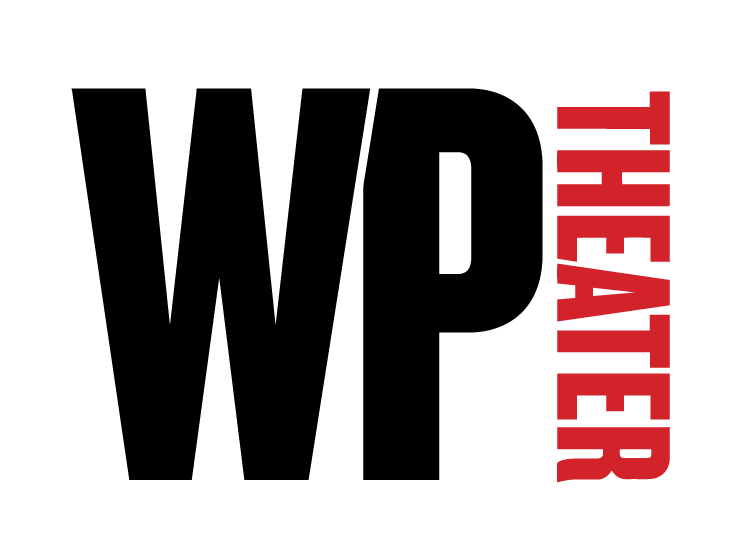How One Off-Broadway Theatre Ensures The Future is Female
Artistic director Lisa McNulty has refocused the mission of New York City’s WP Theater.

Lisa McNulty still owns a hoodie that was given to her by WP Theater’s founder Julia Miles in 1999, emblazoned with “21 Years of Making Work by Women!” At the time, McNulty was the institution’s literary manager, her first paying job in the theatre. After running the literary department, she left, only to return a few years later as the company’s associate artistic director. After leaving once more to work as a producer on and Off-Broadway, in 2014 McNulty was back again—this time as artistic director.
“It seems kind of crazy that my entire professional career has surrounded this institution for 20 years,” says McNulty, who is now leading WP into its 40th anniversary season. “WP’s mission, what this institution is trying to do, has shaped me as a person of the theatre.”
Though the organization has undergone a recent name change—from Women’s Project Theater to simply WP—its mission has remained constant: develop, produce, and promote the work of women artists (and now female-identifying and trans artists) at every stage in their careers.
McNulty says the name change was not so much a rebranding as a way to indicate a new phase for the institution. She realized that theatregoers had preconceived notions about what type of work a “women’s theatre” might produce—something she is determined to dismantle through more eclectic and diverse programming. A look at WP’s 2018 season, with its mix of dance, new work, revivals, and both early-career and established artists, is a shining example. In addition to the annual Pipeline Festival, WP presents PORTO from Obie-winning playwright Kate Benson and directed by Susan Stroman Directing Award winner Lee Sunday Evans—both women on the rise.
“By presenting as broad a spectrum of work and human beings as possible,” says McNulty, “I’m trying to combat the idea that a theatre which supports women is one thing.”
McNulty says that the most important thing she does at WP, however, is the Lab, the theatre’s two-year residency for early-career playwrights, directors, and producers. In an attempt to combat the idea there aren’t enough women theatremakers, the initiative culminates in a biannual festival of new works showcasing their talent. The program also prioritizes community. “Beyond introducing those artists to the field, I’m graduating a cohort of 15 folks who become each other’s primary collaborators,” says McNulty.
As McNulty reflects on her time at WP, as well as a tumultuous political year, she can’t help but feel proud of the theatre’s enduring mission. “It’s exciting to be leading an institution that has a mission that is beyond just making important work,” she says. “To focus on providing space for artists who don’t get space elsewhere feels really important me—and it feels particularly important right now.”
